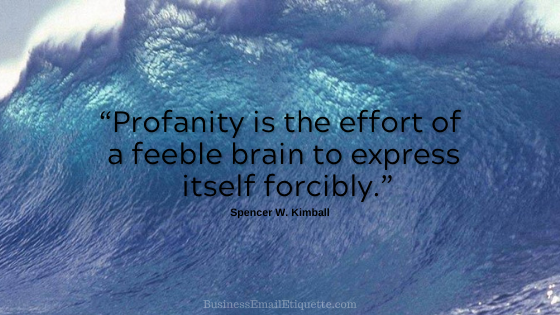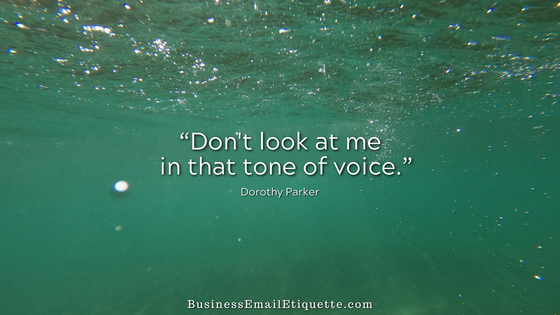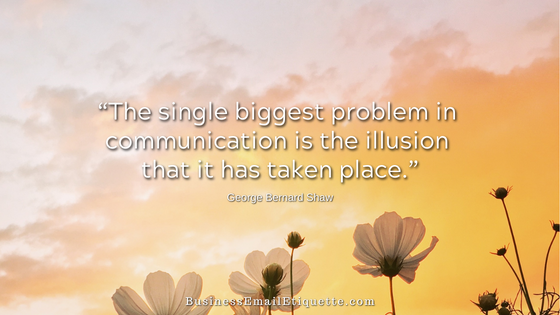Emotional Formatting in Business Emails

I saw much of this recently and just wanted to share my thoughts. I think the increased emotional formatting may have something to do with current times. Folks are stressed.
Having a website like this means I get asked for my advice about what to do about specific business email conflicts. Like in the offline world, every story has two sides.
In most cases, the crux of concern involves emotional formatting (bold, red text, all caps, excessive punctuation) to make a point or demand. I am regularly asked about the point being made by formatting choices. “What did they mean?”
Without seeing the actual email, I have to take the situation at its face value as described to me. However, without knowing the personal dynamics between those involved that contribute to the implied meaning, there is no way to know for sure.
I’m also not privy to the level of emphasis that a particular person uses to make a point. Do they do this with everyone and every email — or just the recipient? After all, we perceive things differently based on our relationship with the person on the other side.
You could send the same emotional email to different recipients with varying degrees of a relationship and get different responses. That is because it is human nature to have your relationship applied to your communications.
Leave emotion out and bring discretion in.
Often, your emotions can cause you to misinterpret intent, overemphasize emphasis, or completely read between the lines. Instead, don’t read anything into the message that just isn’t there. Take the words at their face value.
If you find you are about to respond to a business communication out of pure emotion, stop and walk away. Do another task. Wait until you can respond without your feelings reading into an email, something that may not be there.
So, how do you respond to an emotionally formatted business email? Take a deep breath, read the email out loud, and then consider your response carefully with calculated discretion.
Do not reply in the same emotional manner. Instead, be a voice of calm and respond professionally and informatively. Take the high road by not responding in kind — without any formatting.
But the Emphasis is Clear!
You are a professional; you’re better than that. Professionals know how to communicate their intent and tone with the written word. Therefore, you do not need to make fonts larger or aggressively red. You also do not use multiple instances of unnecessary punctuation.
I see business senders flexing their emotional muscles in emails every day. Using formatting of every kind ensures we know they are making a point.
This is where discretion has a primary role to play.
The definition of discretion is:
-noun
- the power or right to decide or act according to one’s judgment; freedom of judgment or choice: It is entirely within my discretion whether I will go or stay.
- the quality of being discreet, esp. concerning one’s actions or speech; prudence or decorum.
Professionals communicate calmly, coolly, and collectedly, regardless of the situation, even if they are having a bad day. Pros try to ensure that their tone, intent, and meaning are appropriate for the task at hand and to encourage effective communication.
One more thought… If you are an “emotional formatter,” start working on your vocabulary. Then, you can choose the appropriate words to relay your precise intent or tone instead of relying on formatting to make your point.






